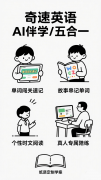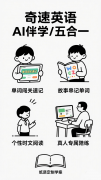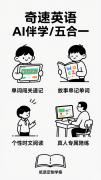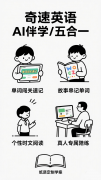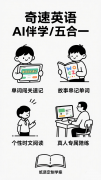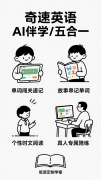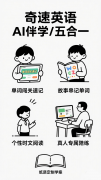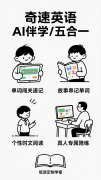soccer /'sɑ:kər/,/'sɒkə/(英式)足球
basketball /'bɑ:skɪtbɔ:l/篮球
has /hæz/有(have的第三人称单数形式)
interesting /'ɪntrəstɪŋ/有趣的;使人快乐的;乐趣;快乐
relaxing /rɪ'læksɪŋ/轻松的;令人放松的
classmate /'klɑ:smeɪt/同班同学
Unit5 Do you have a soccer ball?
1. have a volleyball 有一个排球
2. play volleyball/tennis 打排球/网球
3. have a ping-pong/table tennis 有一个乒乓球
4. play ping-pong/table tennis 打乒乓球
5. with our friends 和我们的朋友一起
6. have a football/soccer ball 有一个足球
7. play football/soccer 踢足球
10. play computer games 玩电脑游戏
12. in the same school 在同一所学校
1. —Do you have a ping-pong bat? 你有一个乒乓球拍吗?
2. —Do they have a computer? 他们有一台电脑吗?
—Yes, they do. /No, they don't. 是的,他们有。/不,他们没有。
3 .—Does he have a tennis ball?
—Yes,he does. /No, he doesn’t.是的,他有。/不,他没有。
4. He has two ping-pong bats.
6. I don't have a soccer ball, but my brother does.
7. She doesn’t have a volleyball.
8. Let’s play basketball!
10. — Let's play computer games! 让我们(一起)玩电脑游戏吧!
一That sounds interesting. 那听起来很有趣。
11. We go to the same school and we love soccer.
12. We play soccer at school with our friends. It’s relaxing.
13. I don’t have a soccer b all, but Alan does.
14. I like ping-pong. It's easy for me.
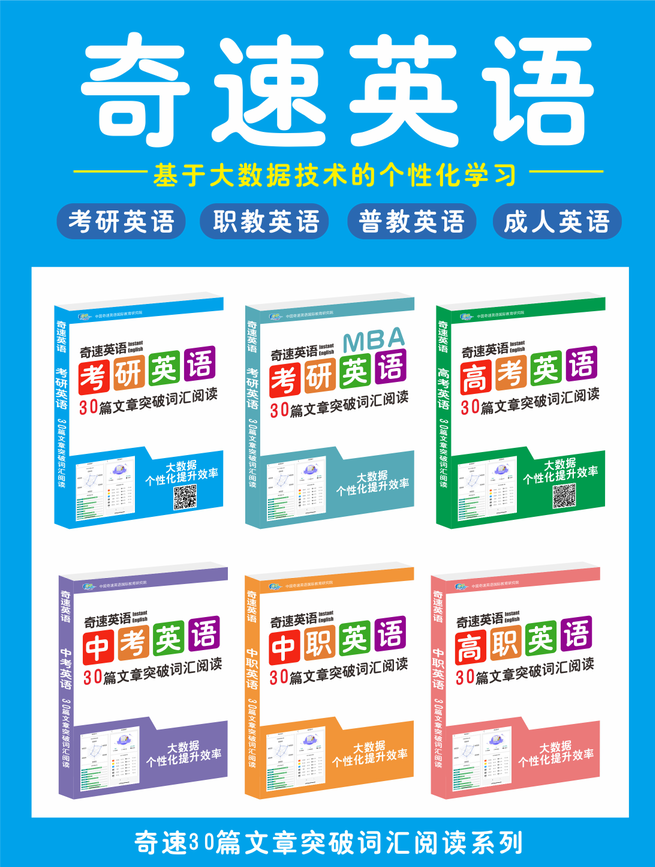
1. interesting&interested
这两个词都是形容词。interesting表示某物本身有趣,强调主动,在句子中可以作定语、表语,多用来修饰物。interested着重于被动意义,其主语一般是人。常做表语,后接介词in,一起构成be interested in…结构,意为“对……感兴趣”。例如:
I am very interested inthe interesting story.
difficult“困难的”,相当于hard。在句子中可作定语或者表语。其反义词是easy“容易的”。其名词形式是difficulty。常用于以下结构:It’s difficult for sb. to do sth. (对某人来说做某事很困难。)例如:
It’s difficult for me to listen to you clearly.
great 形容词,意为“美妙的,大的,伟大的”。例如:
He’s a great man. 他是个伟大的人。
watch作动词时,意为“看”。一般指看动态的东西,例如:节目、比赛等。动词短语“看电视”用“watch TV”。watch 还可以指认真观察,或者目睹事情的全过程。例如:
I watched my son become from a baby to a boy.
Just watch what will happen when I press the button.
My father bought me a new watch. 我爸爸给我买了块新表。
注意:watch与see,look,read的区别
Look!Thechildren are playing on the playground.
I saw a bird in the tree. 我看见树上有只鸟。
I like reading very much. 我很喜欢读书。
sound做连系动词讲时,意为“听起来”,后面跟名词或者形容词作表语,构成主系表结构。例如:
Your idea sounds great. 你的想法听起来很不错。
sound当名词讲时,意为自然界的各种声音。例如:
Sound travels slower than light. 声音传播比光慢。拓展:常见的连系动词有:be动词(am,is, are); 和感官有关的词(look 看起来, feel 摸起来,taste 吃起来,smell 闻起来);表示改变,变化含义的词(get,become,turn,go, come);以及其他常用词seem等。例如:
His face turns red. Do you know why?
only 副词,“仅仅,只”。常放在所强调的词或者短语之前,表示程度。例如:
I have only one book. 我只有一本书。
only还可以作形容词,表示“唯一的;仅有的”,在句中常作定语。例如:
This is their only son. 这是他们唯一的儿子。
fun名词,意为“乐趣,娱乐,有趣的事”等。have fun 等于have a good time,意为“玩的很开心”。例如:
We had a lot of fun yesterday. 昨天我们玩的很开心。
funny 是fun的形容词,意为“有趣的,令人愉快的”,形容词。多用于口语中,相当于interesting。例如:
love 意为“爱,喜爱”,既可以做名词也可以做动词。作动词时,后面可以直接加名词或者代词,意为“喜欢某物或者某人”;也可以接“to do”或者“doing”,意为“喜欢/热爱做某事”。作名词时是不可数名词,不可以变为复数。例如:
I love my mother very much. 我很爱我妈妈。
I love to play with my friends. 我喜欢和我的朋友一起玩。
She wants to have her mother’s love. 她想拥有她妈妈的爱。
like 动词,意为“喜欢,喜爱”。后面可以跟名词或者代词作宾语,也可以跟动词不定式(to do)或者动名词(doing)作宾语。跟“to do”做宾语时,表示某一次的行为倾向,跟“doing”做宾语时表示一种习惯或者爱好。例如:
I like English. 我喜欢英语。(名词作宾语)
Usually I like doing my homework after supper, but today I like to watch TV.
我通常喜欢晚饭后做作业,但是今天我想看电视。(动名词和动词不定式做宾语)
play可以用作及物动词,意为“打,踢,拉,弹(乐器)”。如:
Can you play football? 你会踢足球吗?
play和球类名词连用时,名词前不加任何冠词,但用在乐器名词前应加定冠词the。例如:
She can play the piano. 她会弹钢琴。
I play basketball everyday. 我每天都打篮球。
1)play还用作不及物动词,意为“玩”。“play with sth.”意为“玩……”。
Let’s play together! 让我们一起玩吧!
Don’t play with fire. 别玩火!
I like watching TV plays. 我喜欢看电视剧。
like 介词,意为“像;与……相似”,对应的反义词为unlike。短语look like表示“看起来像……”。反义词是unlike。例如:
She looks like her mother. 她长得像她妈妈。
拓展:like还可以作名词,表示“爱好,喜好”,常用于复数形式,它的反义词是dislike。例如:
Please tell me your likes and dislikes. 请告诉我你的好恶。

小学初中段:
1.词汇演讲口才拓展训练营(线上课程/线下冬令营)
2.中级英语阅读素养训练营(线上课程/线下冬令营)
3.英语时文分级阅读(软件+月刊)
高中段:
1.高中一本小说24个故事速记3500词汇(线上课程/线下冬令营)
2.高中快速阅读写作营(线上课程/线下冬令营)
3.英语时文分级阅读(软件+月刊)
课程可以线上学习,添加老师微信免费领取更多资料或咨询课程!
咨询老师17760376675(微信同号)
注:图文整理源于网络,如有侵权请联系我们删除!



